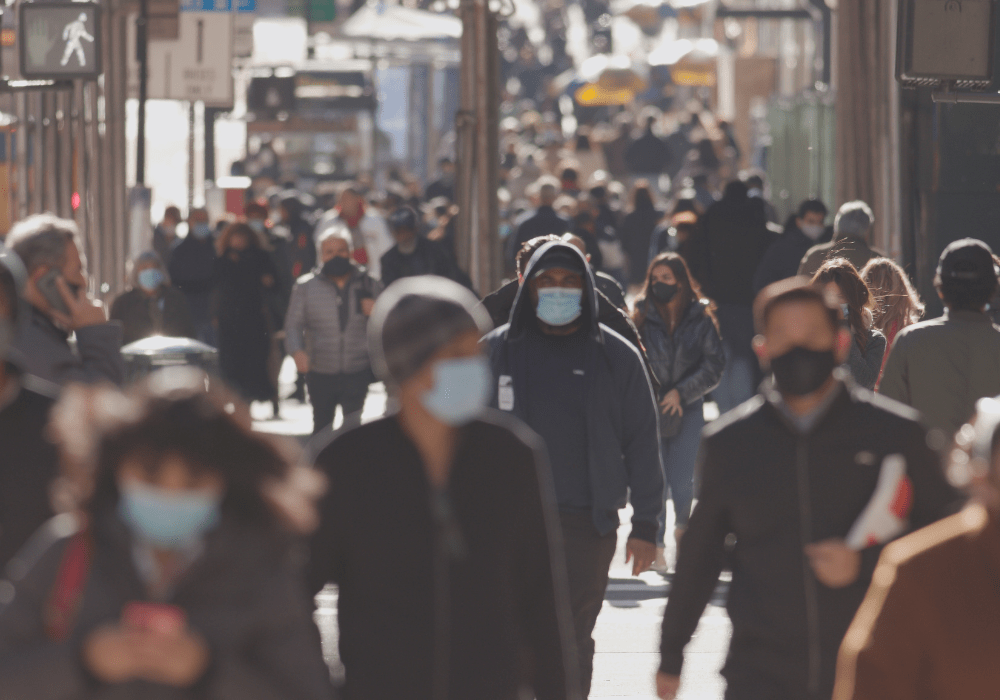
A recent article published by the British Medical Journal (BMJ) reviews inadequacies and successes from the U.S. government’s management of the COVID-19 pandemic and highlights health policy areas in which improvements must be made to promote better health outcomes in the future. The article is a part of BMJ’s collection titled “US covid-19 lessons for future health protection and preparedness.”
In the first section of the article, the authors present readers with a series of shocking data, “[t]he 1.16 million Americans killed by covid-19 represent 16% of global deaths in a nation with 4% of the world’s population. One in three Americans knows someone who died from covid-19, about 300,000 children are estimated to have lost one or both parents,4 and there is a substantial burden of long covid.”
The United States’ apparent poor pandemic response can be analyzed through two social and political contexts. The first context includes systemic racism, cuts on CDC funding around the time of the pandemic, national income inequality, and a lack of worker protection. The second context considers the federal government’s failure to generate and communicate reliable information regarding the pandemic and the virus itself.
The authors comment that despite these failures, the COVID-19 pandemic “showed the US how government and society could have a different role in protecting health.” For example, the government provided support to citizens through various programs that addressed unemployment, food and housing insecurity, as well as insurance coverage. Apart from reducing deaths during the pandemic, research demonstrates that these programs produced significant positive social and medical outcomes.
In light of the 2024 presidential election, the authors remind their readers that the programs mentioned above “illustrate how a range of government actions, beyond health insurance, can be critical to protecting health in the next pandemic and beyond.”
By Selina Ma
